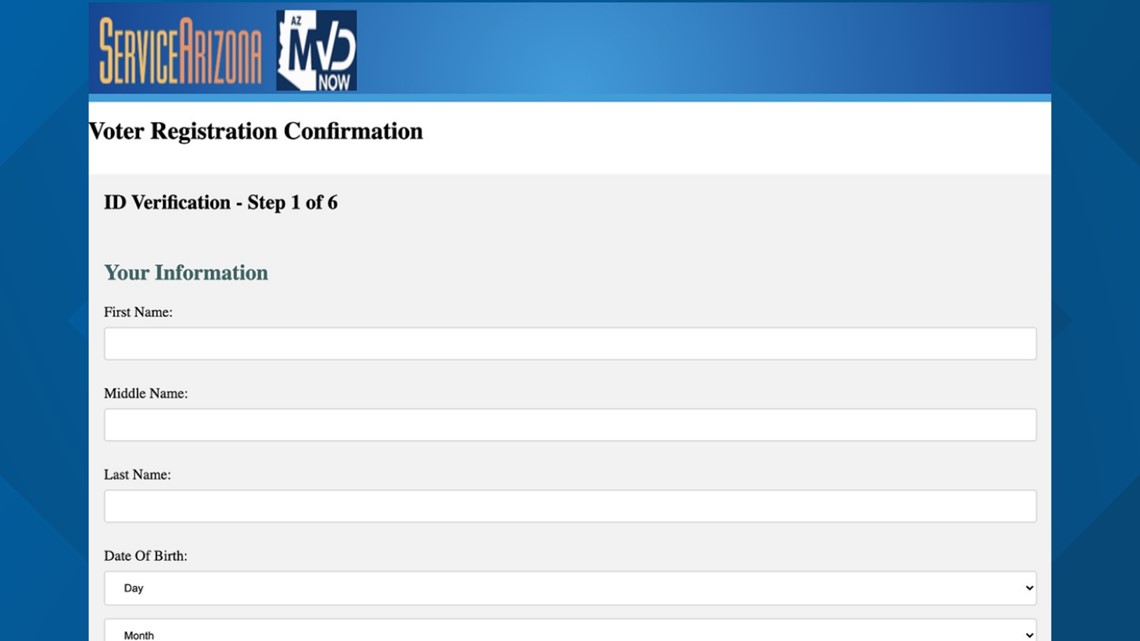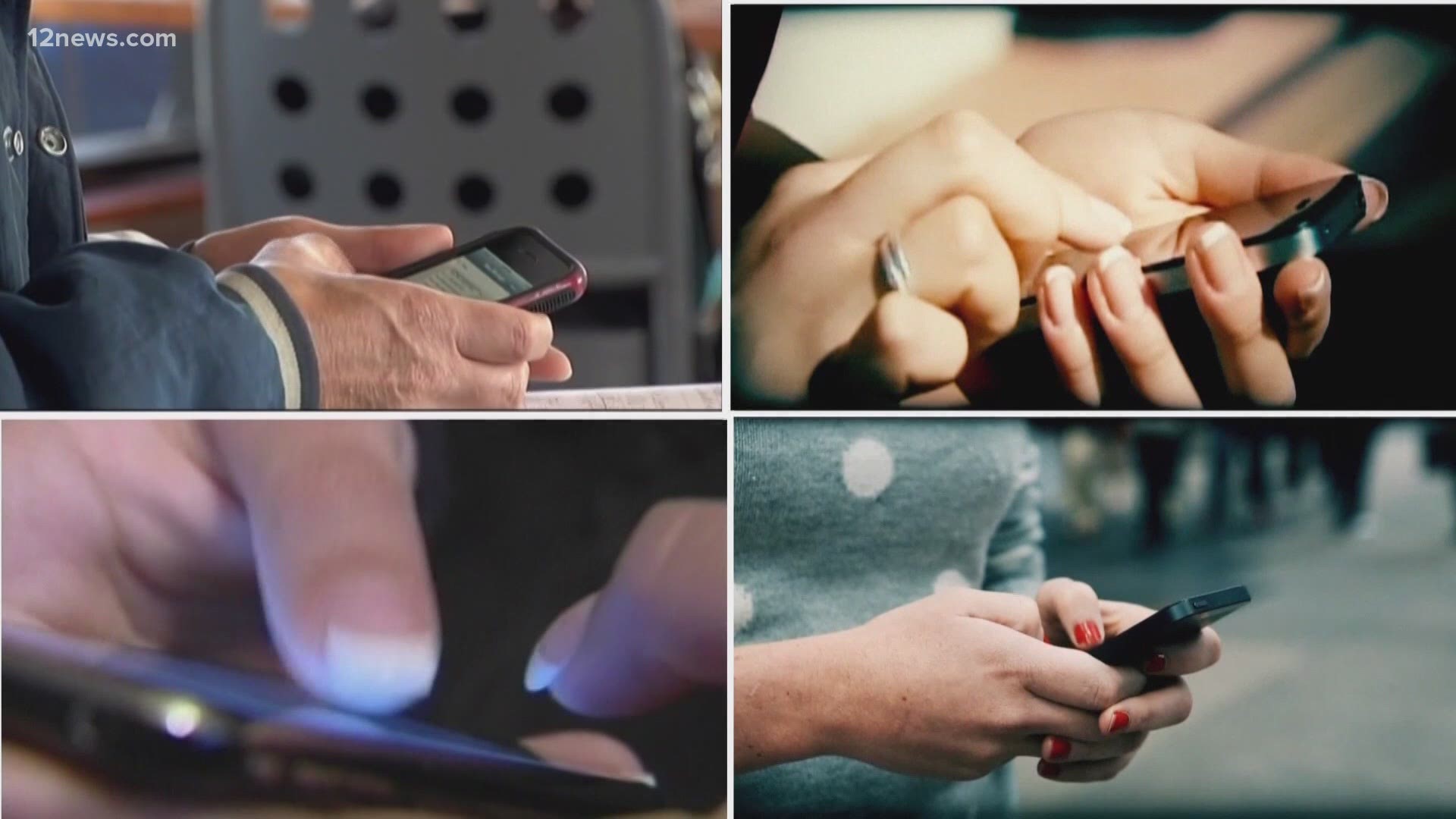ARIZONA, USA — Scams are circulating to steal Arizonans' personal information by making them think their voter registration information is incomplete.
The scammers' intent is to steal personal data by using graphics that look official. The most recent scam saw them impersonating the U.S. Election Assistance Commission (EAC).
The Attorney General’s office offers these tips to dodge these kinds of online scams:
- Avoid clicking on links in suspicious emails
- Don’t provide personal information in response to an unsolicited email
- Using security software and update your computer regularly to protect it
- Set your software to update automatically on mobile phones.
- Use multi-factor authentication for online accounts, making it harder for scammers to log in to your accounts.
One of the first indicators that this fake EAC email is nefarious, for instance, is the misspelling of words and errors in punctuation.
"Your voter's registration application submited (sic) has been reviewed by your County Clerk and some few details couldnt (sic) be confirmed," the email said.
Maricopa County Recorder Adrian Fontes says they've seen a whole host of probing attacks.
“Not just via email, but in regular mail and by other means…text messaging, some social media stuff,” he said.
The fake EAC email scammers trick recipients into typing their name, date of birth, and other personal information into a malicious web form that impersonates ServiceArizona.com, an Arizona state government website.
This type of tactic is often seen in scams known as "phishing," which are fraud attempts to obtain people's personal information and details by disguising as some trustworthy person or organization.


“It’s a battle against misinformation and disinformation,” Fontes said.
The EAC does not store voter personally identifiable information or track individual voter registrations and is not sending out emails warning anyone their voter registration information may be incomplete.
“The reality is, whenever you get something like that, you want to check with us first to make sure that it is us because the bad guys are getting really sophisticated,” Fontes said. “You've gotta be doubly sure that the folks that you’re sharing this with, if you choose to share it, are the trusted sources of information."
If you've been a victim of this scam or anything other phishing attempts, you can report the scam by contacting the Arizona Attorney General's office at 602-542-2124.
You can also call the office toll free at 844-894-4735 or report the scam through the office's email at seniorabuse@azag.gov.

